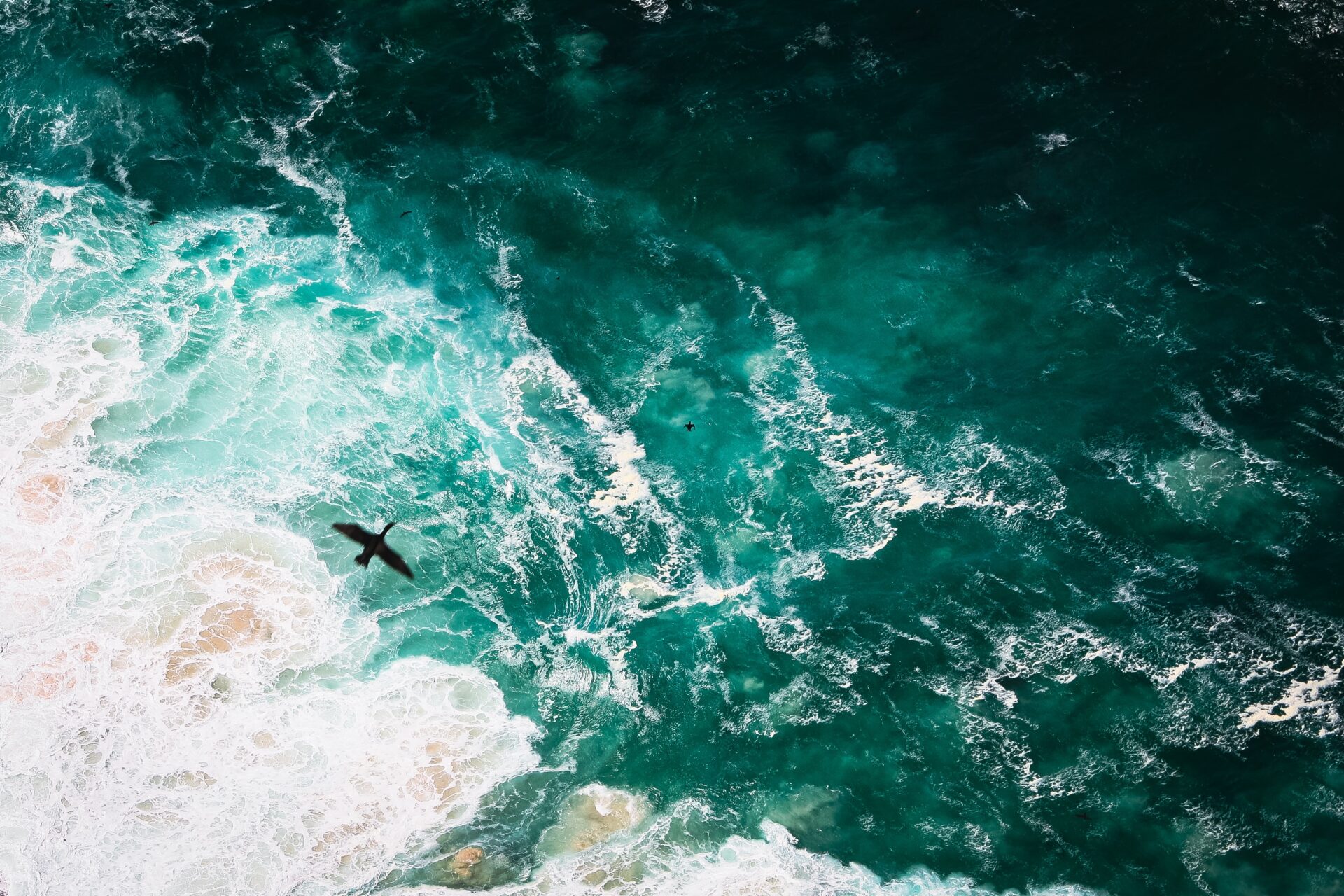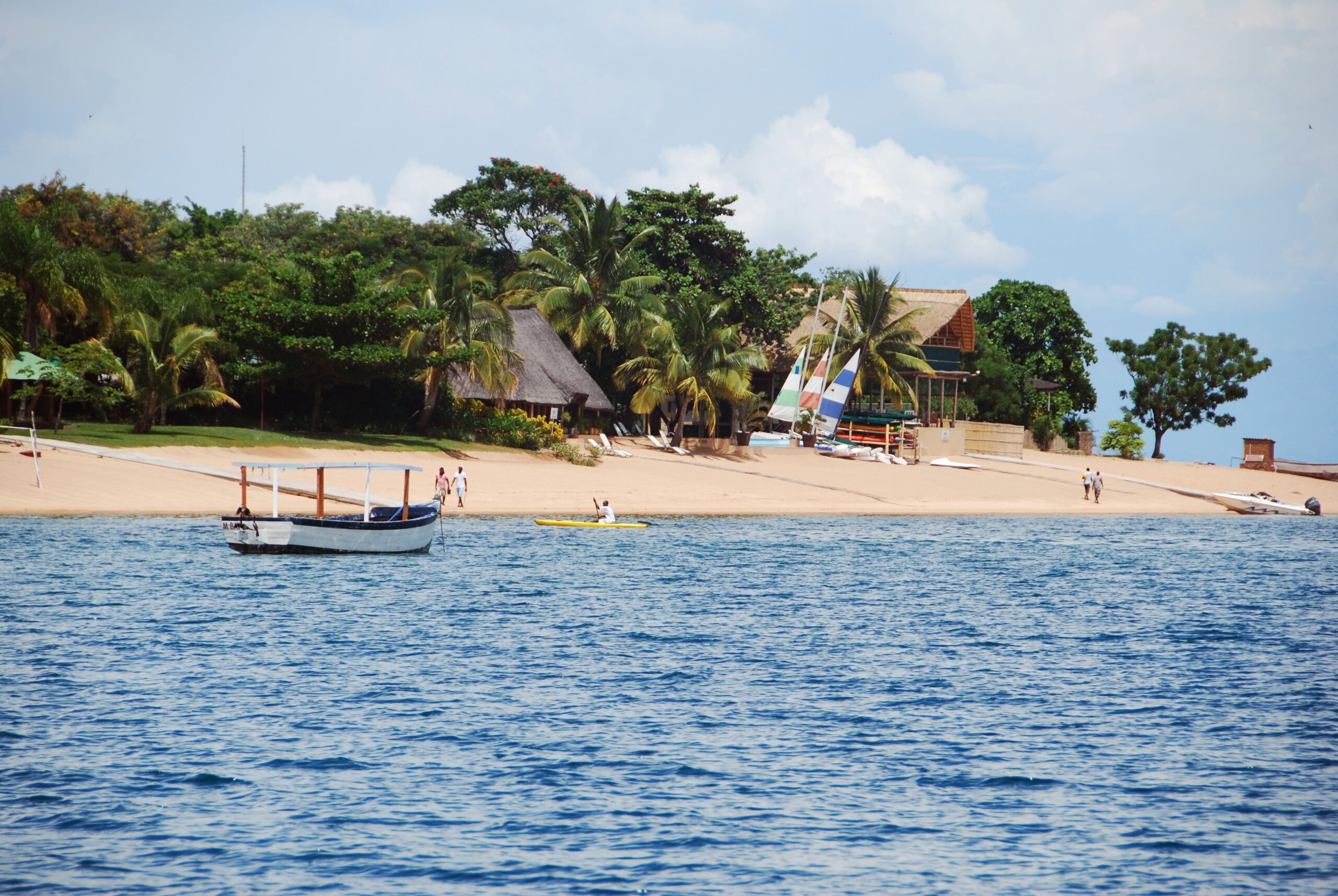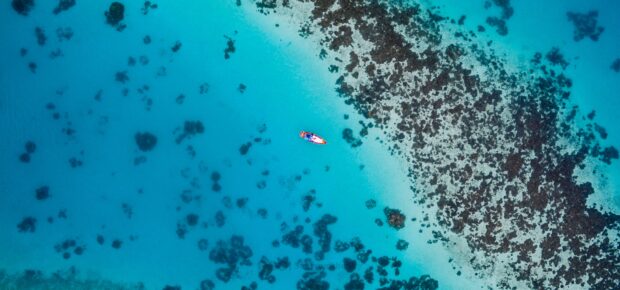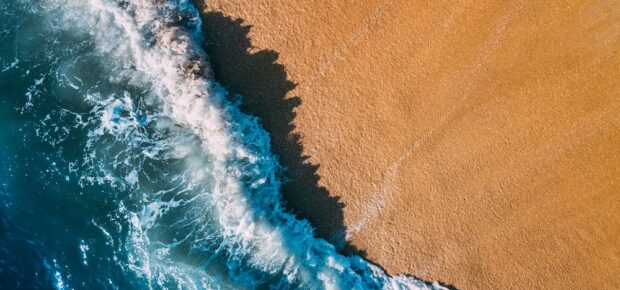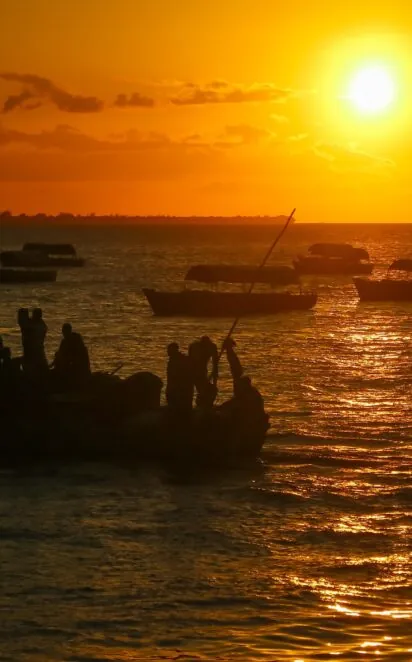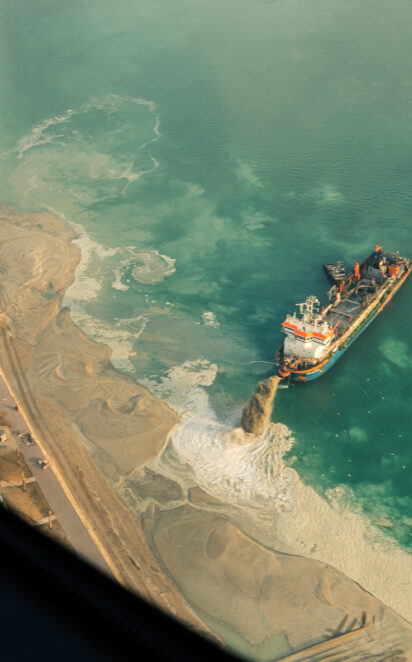Exploring the Impacts of Ocean Risks and Vulnerabilities on Small Island Developing States (SIDS) and Least Developed Countries (LDCs)
Project Lead: Stockholm Resilience Centre
Supporting Partners: Stanford Center for Ocean Solutions, University of British Columbia and Gulf of Maine Research Institute
Financial Support: Government of Canada and United Kingdom’s Blue Planet Fund
Location: Global South
Summary
ORRAA has commissioned a series of reports on ocean risk and resilience in Small Island Developing States (SIDS) and Least Developed Countries (LDCs). This report outlines the impacts of prominent biophysical and anthropogenic stressors on SIDS and LDCs, highlights the key social-ecological features that shape their vulnerabilities to these stressors, and suggests ways to mitigate ocean risks and build resilience.
Challenge
Coastal communities in SIDS and LDCs are disproportionately vulnerable to the changes in the Ocean. They have high levels of exposure and sensitivity to these risks, in part owing to the heavy dependency on the sea for fisheries and tourism – core sectors that support their GDP and livelihoods as well as food security. The situation in these countries is changing rapidly, as is their exposure to different types of risks, and their ability to adapt and respond. The high dependence of many developing countries on tourism and imports, and the effects of the COVID-19 pandemic and extreme storms, for instance, are examples of how fragile livelihoods and food security are in the face of external forces.
Solution
This report shows that a lack of economic diversity and a heavy reliance on external sources of revenue make SIDS and LDCs vulnerable not only to environmental hazards such as extreme weather and ecosystem changes but also to socioeconomic stressors such as global financial crises, pandemics, and geopolitics. For tourism-dependent SIDS and coastal LDCs, the COVID-19 pandemic has been particularly damaging. Nations such as Antigua and Barbuda, Belize, Fiji, the Maldives and Saint Lucia, are expected to see their GDP decrease by more than 16% due to the pandemic.
Only by understanding these associated and complex ocean risks, recognising the influence of external factors and collaborating with coastal communities can we create a diverse, sustainable and equitable ocean economy – a truly sustainable ‘blue economy’.
Scalability and Next Steps
The international community has emphasized the need to prioritize SIDS and LDCs in building resilience against climate change and other risks to achieve sustainable development goals. Despite such calls and the progress which has been made, gaps and challenges remain, including access to finance to support the sustainable development of key sectors, such as fisheries. Advancing novel finance tools and insurance products and expanding the knowledge base to develop context-dependent solutions, are two complementary approaches that can improve socio-ecological system sustainability, conservation, and equity and to reduce ocean risks to SIDS and coastal LDCs.


